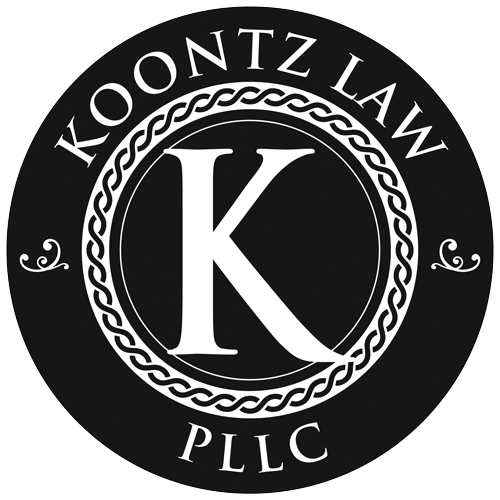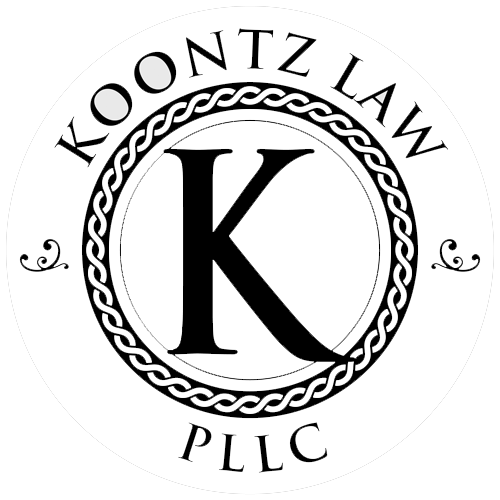Understanding Squatters' Rights in North Carolina
Squatters' rights, a term often misunderstood, can lead to significant legal challenges for property owners. In North Carolina, as in many other states, there are specific laws and regulations governing the rights of squatters. This blog will help you understand what squatters' rights entail, how they can affect property ownership, and the legal processes involved in addressing squatters in North Carolina.
What Are Squatters' Rights?
Definition
Squatters' rights, also known as adverse possession, allow a person to claim legal ownership of a property if they have occupied it for a certain period without the permission of the original owner. These laws are intended to encourage the productive use of land and to resolve disputes over property ownership.
Requirements for Adverse Possession
In North Carolina, to claim adverse possession, a squatter must meet the following criteria:
- Continuous Possession: The squatter must have occupied the property continuously for at least 20 years.
- Open and Notorious: The possession must be obvious to anyone, including the legal owner.
- Exclusive Possession: The squatter must possess the property exclusively, without sharing control with others.
- Hostile Possession: The occupation must be without the owner's permission.
- Actual Possession: The squatter must physically use the property as an owner would.
Legal Process for Adverse Possession
Filing a Claim
To formally claim adverse possession in North Carolina, a squatter must file a lawsuit in court. The burden of proof lies with the squatter to demonstrate that all the requirements for adverse possession have been met.
Court Decision
If the court finds that the squatter has met all the criteria, it can grant legal ownership of the property to the squatter. This process can be complex and often requires legal representation to navigate successfully.
Property Owner's Rights and Remedies
Preventing Adverse Possession
Property owners can take several steps to prevent adverse possession, including:
- Regular Inspections: Regularly inspect and maintain your property to ensure it is not being occupied without permission.
- Posting Notices: Post "No Trespassing" signs to clearly indicate that unauthorized entry is prohibited.
- Legal Actions: If you discover a squatter on your property, take immediate legal action to remove them. This might involve contacting local law enforcement or filing an eviction notice.
Eviction Process
If a squatter refuses to leave, property owners can pursue an eviction through the legal system. This involves:
- Filing an Eviction Notice: Provide the squatter with a formal eviction notice outlining the reasons for eviction and the required move-out date.
- Court Proceedings: If the squatter does not vacate the property, the owner can file for an unlawful detainer action in court. The court will then hold a hearing to determine the legitimacy of the eviction.
- Enforcement: If the court rules in favor of the property owner, law enforcement can be called to remove the squatter.
Challenges and Considerations
Legal Assistance
Navigating squatters' rights and adverse possession laws can be challenging. Property owners and squatters alike may benefit from consulting with an experienced attorney who specializes in real estate law to understand their rights and options.
Impact on Property Ownership
Adverse possession can significantly impact property ownership and value. Property owners must be vigilant in protecting their rights and taking timely action against unauthorized occupants to prevent potential legal issues.
Contact Us For Legal Assistance
Understanding squatters' rights in North Carolina is essential for both property owners and individuals occupying property without permission. Adverse possession laws are complex and require careful consideration and action. Whether you are a property owner seeking to protect your property or a squatter claiming adverse possession, it is crucial to be aware of the legal requirements and processes involved. For expert legal guidance and representation,
contact Koontz Law today. Our experienced attorneys are here to help you navigate the complexities of property law and protect your rights.










Request a Consultation
For more information or to receive a consultation, call us at (336) 751-6235 or complete the form.
Contact Us
We will get back to you as soon as possible.
Please try again later.

